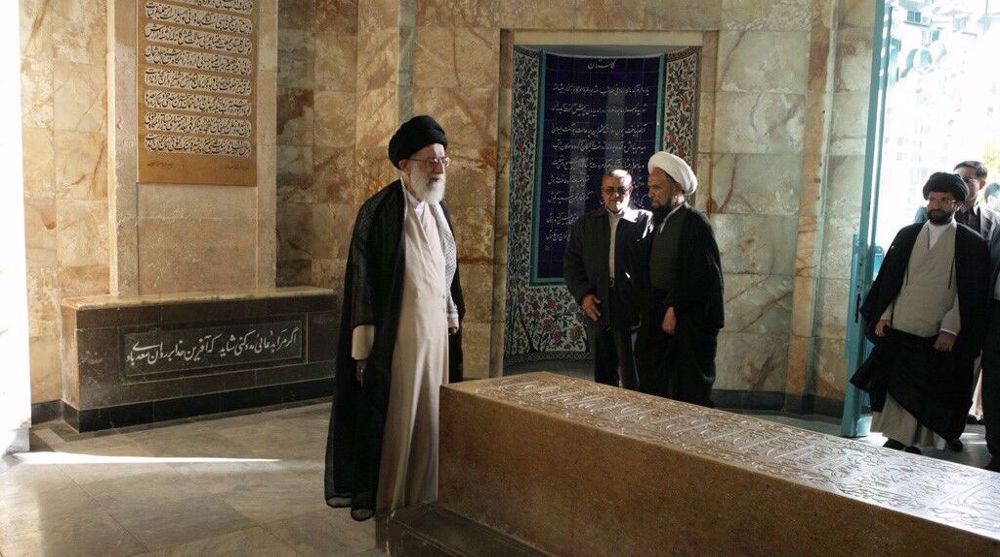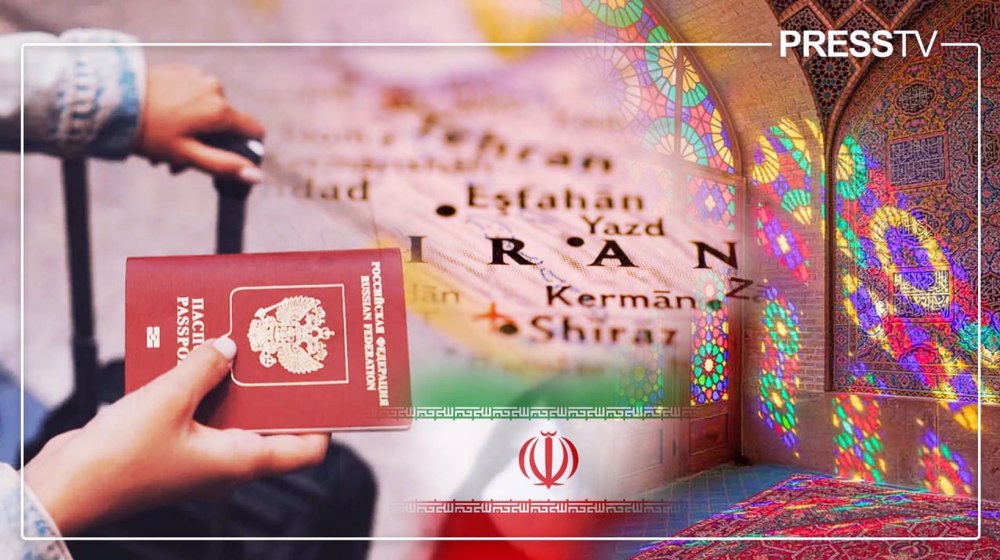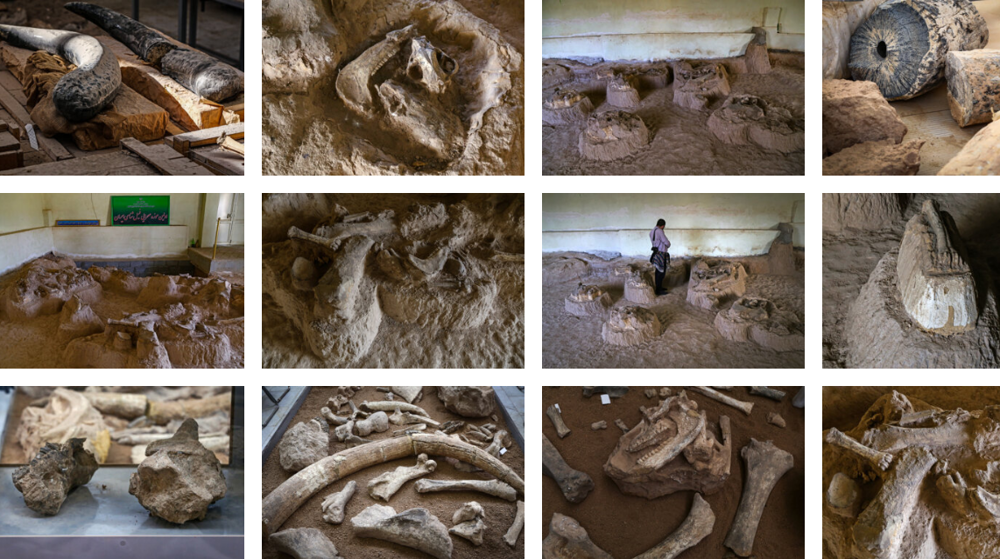18 degree Celsius challenge to fight air pollution
One of the major factors that contribute to increase in green-house gasses and make the air suffocating and hazardous in big cities is the exhaust emission generated by fossil-fuel-based heating systems, conditioning the indoor air in public and state buildings. Thus, if we set the indoor temperature to a lesser degree, a lesser amount of fossil fuel is used accordingly, and a lesser amount of green-house gasses enters the air. Based on this simple, yet effective, technique, Director of Iran's Department of the Environment Masoumeh Ebtekar has recently raised the "18-degree Celsius Challenge."
In a post on social media, Ebtekar called for a national movement to lower the temperature of buildings in metropolises across the country to at most to 18 degrees Celsius in corridors and indoor places and to 21 degrees in rooms.
The post also featured letters addressing the vice presidents, ministers and all governors to accept the challenge.
She also called for a regular checkup of the heating systems and asked offices to turn off heaters on holidays in order to mitigate the emission to minimum, urging all Iranians to follow the movement and cut the persisting air pollution that has plagued country’s metropolises for the past months.
Iranian Foreign Minister Mohammad Javad Zarif, in response to the challenge, thanked her on his twitter account and called the challenge an absolute necessity for combating pollution that is present in the air, which “we and our children” breathe.
So far, Iran's Vice-President for Women and Family Affairs Shahindokht Molaverdi and Iranian Minister of Communication and IT Mahmoud Vaezi have accepted the challenge, further calling on other administration officials to embrace the initiative.
Unhealthy air quality forced the country's authorities to close all schools and kindergartens in the capital Tehran for days last week.
Iran’s metropolises have been suffering for years from the hazardous air pollution caused mainly by exhaust fumes, particularly during the cold season that increases as emissions fail to rise above cold air (called inversion). Had it not been for the recent rainfalls in Tehran, the dark blanket of the polluted air would have kept on suffocating the city.
Students protest at US universities to urge end in financial ties to Israel
Biden signs war aid bill supplying Israel, Ukraine with more weapons
VIDEO | France, West warn Israel against escalation with Iran
Iran refutes Kuwait’s assertion of exclusive rights to Arash gas field
VIDEO | Press TV's news headlines
Region to benefit from Iran-Sri Lanka cooperation: Raeisi
Iran dismisses US allegation of ‘malicious cyber activity’
Calls grow for probe into mass graves Israeli forces left in Gaza










 This makes it easy to access the Press TV website
This makes it easy to access the Press TV website